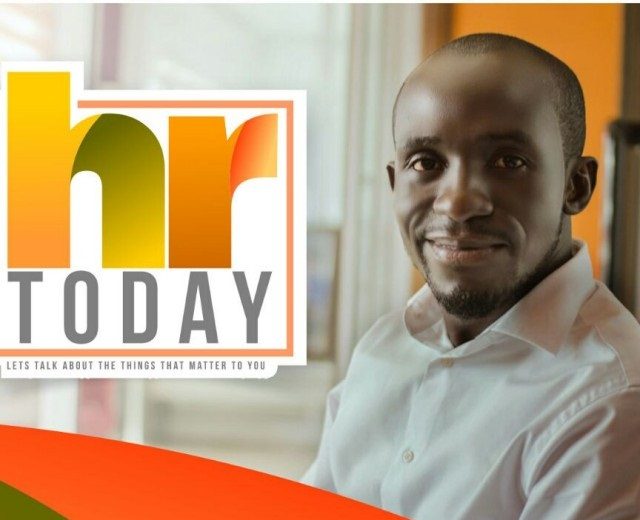We have come into 2019 at the very top of an economic cycle with high unemployment and other economic hardship coupled with job losses in various sectors. Talent mobility is hot as companies expand and move into new frontiers of business. Organizations are becoming flatter, and team-based work models and organizational-network analysis are becoming mainstream.
HR professionals will continue to worry in the New Year and beyond about skills gaps, job and work transformation, and employee engagement, customer experience, employee wellbeing. We are also seeing more focus on diminished trust in technology and concerns about privacy and data protection. All this is leading to important changes ahead for the HR profession. There is a swift paradigm shift and all HR practitioners must quickly confirm if they want to stay relevant.
HR technology: organizations now have many systems of record, with new apps for wellbeing, engagement, feedback, recognition, performance management, learning and development etc. Simultaneously, HR and workforce technologies are merging. Consequently, it’s very important for HR departments to partner with IT to analyze all aspects of the current workforce-technology architecture and collaborate on the technology roadmap for the future.
For instance, companies are investing in new workforce tools such as Slack and Microsoft Teams. HR systems must co-exist and integrate with these tools, rather than being viewed as a separate technology destination for already-overwhelmed employees. I call this “HR and learning in the flow of work.”
Talent Mobility: Strategic talent mobility is now a top CEO-level issue. Not only do we need to find ways to move people more easily, but we must also do it in a way that respects strengths and career goals of the individual and the business needs of the organization.
Talent-acquisition teams often spend huge sums of money per hire (and five to 10 times that number for senior positions and at executive levels). On the other hand, companies spend relatively less on building capacity for existing staff. Companies are recognizing that they can fill new jobs more cost-efficiently by re-skilling current employees, who are already integrated into the company culture.
Team-based work and organizational networks: The economy will probably not be too vibrant as expected and is likely to result in the reorganization and restructuring of some organizations. Nothing forces a sober look at productivity more than a slowing business cycle. HR leaders will need to take a more data-driven look at how workforces are organized. I believe team-centric operating models will be increasingly adopted this year and beyond.
In my mind, the word “teams” is more than a description of how people work together; it’s also a management philosophy focused on work—not jobs—with people freely sharing knowledge and skills across functional silos. In 2019, HR leaders must gain a better understanding of the implications of team-centric work, build better tools to manage and operationalize teams, and focus on communicating the value of a growth mindset as well as getting timely feedback on deliverables.
Analytics and AI: HR is responsible for a company’s most important database of all. When used well, employee data are much more valuable than customer data. Every time an employee sends an email or has a meeting, we can learn something about customer service, an operating process or a cultural issue that can potentially improve the business.
There is a lot ahead for HR analytics and HR professionals must work to demonstrate that. A lot of surveys must be carried out to help in decision making and predicting the future. HR should by now be positioned to capture, analyze and operationalize “experience data” from employees and customers. Just as some organizations have invested in automating and leveraging customer data to improve customer service and experience, same must be done for employees. The HR profession needs to take the lead in this effort, supported by strong partnerships with IT and finance.
Multi-generational workforce: HR teams are now dealing with workforces comprised of four generations, each with vastly different experiences and expectations. Business success will largely be based on how effectively companies manage such diversity and use it to their advantage.
These are questions HR must ask: Are we building an inclusive multi-generational culture? Are we giving older workers the opportunity to mentor younger people? Are we addressing the societal and citizenship concerns of employees? Are we updating leadership models to accommodate longer careers? Are we moving young people into leadership roles early enough? Are older employees incentivized to “step aside,” while still making important contributions? Is HR ensuring the necessary coaching and mentoring is done? Is the transfer of knowledge models relevant to ensure capacity building?
Predicting the future gives an opportunity to reflect on how far the HR profession has come and how much can be learnt from the HR journey so far as growth becomes a continuous process.
Source: BrightAmpaduOkyere/JoshBersin
Tel. #: 0244204664
Email Address: hrtoday@gmail.com




